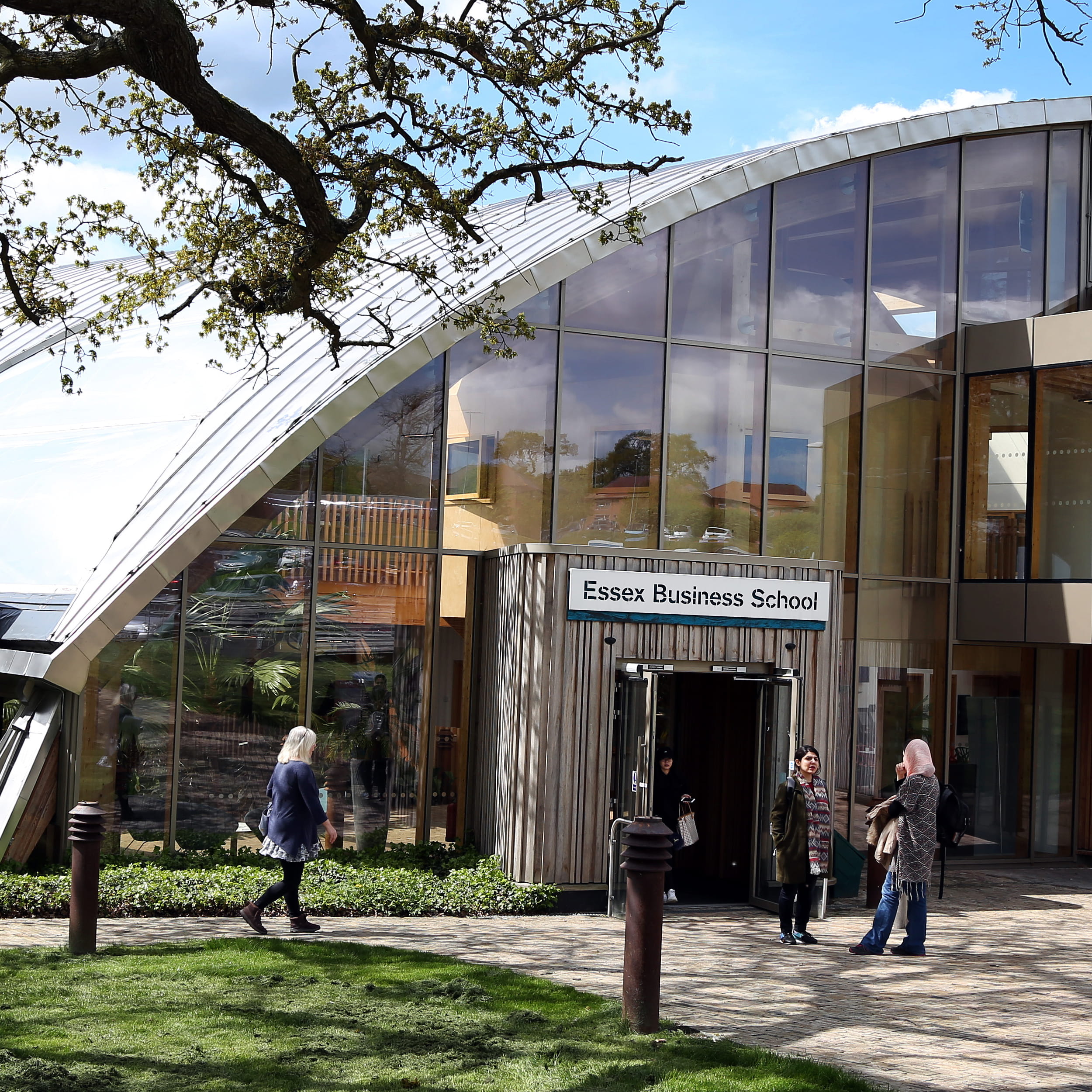"Since we are here to become the future leaders of organisations, being it our own or one that has been around for a while, we need to be aware of the responsibility we have in business."
Why is sustainability so important for an MBA?
An MBA student is usually a professional looking to move their career in a new direction. It might be changing the focus of their career or moving it forward by becoming a director, leader, CEO or entrepreneur. It's a qualification program that gives professionals a broader knowledge of organisations and how to lead them.
Throughout my studies, there is one topic that has been a common thread: sustainability. Whether in operations, people and organisations, leadership or strategy, sustainability has shone through.
Since we are here to become the future leaders of organisations, being it our own or one that has been around for a while, we need to be aware of the responsibility we have in business.
Balancing sustainability and business
If we only talk about profit and how to make it, we would be leaving out the core concept of sustainability which is "fulfilling the needs of current generations without compromising the needs of future generations, while ensuring a balance between economic growth, environmental care and social well-being."
The current narrative of sustainability tells consumers that it's their responsibility to ensure the future of the planet. If you don't buy fast fashion, recycle-reduce-reuse and stop using plastic straws, then you're sustainable.
If I tell the public to recycle but I am producing bottles that only have recyclable caps and the rest is going to a landfill, what is my responsibility?
If my company is producing fast fashion that will deteriorate in a couple of months and be unusable, how can I claim to be sustainable? Yet this is happening and companies are greenwashing themselves to say they're sustainable because of the fibres they use or because they ship their products in boxes and not in plastic bags.
This displays a fundamental misunderstanding and misuse of the word sustainability. Sometimes by choice, sometimes by lack of knowledge.
But the question remains. Why are companies still producing things that aren't reusable and utilising materials that aren't sustainable?
That is how an MBA candidate or graduate who has been exposed to sustainability in everything a company does can make a change in the world.
Embedding sustainable practices in business
At Essex Business School, we are learning how sustainability can be embedded in every business unit. Not only as an ecology matter or by simply reducing paper, but in how we create our business strategies, how we manage our operations, the people, the culture, how we lead our teams and how we view our business in relation to the world we live in.
Profit is still a business goal but it is not the only one. As we now know, our resources are finite. So, if we want to continue production and exist in the long term, not only as a company but as humans, then we must make sure our methods are sustainable.
The Essex MBA explores all units of business and teaches us how to manage them whilst being sustainable. This makes the course vital in today's global environment.
Our graduates will return to their countries or join the work force in the U.K and will have to make decisions regarding how the company is run, how they produce their products, how they manage people and how the company will continue operating in the long term. All those decisions require a knowledge of sustainability and a specific sensitivity to the world's current situation.
I still have a long way to go in my studies but so far I have learned how to manage people, how to create a strategy, how to be a leader and how to manage the operations of a business. Throughout all of that I have also learned that my future role in the workforce means that I must bring a sustainable lens to all of those units to ensure that profit is made and the world we live in is still liveable. That is why I believe that The Essex MBA is actively making a change in the way business is perceived, created and sustained.





.jpg)
